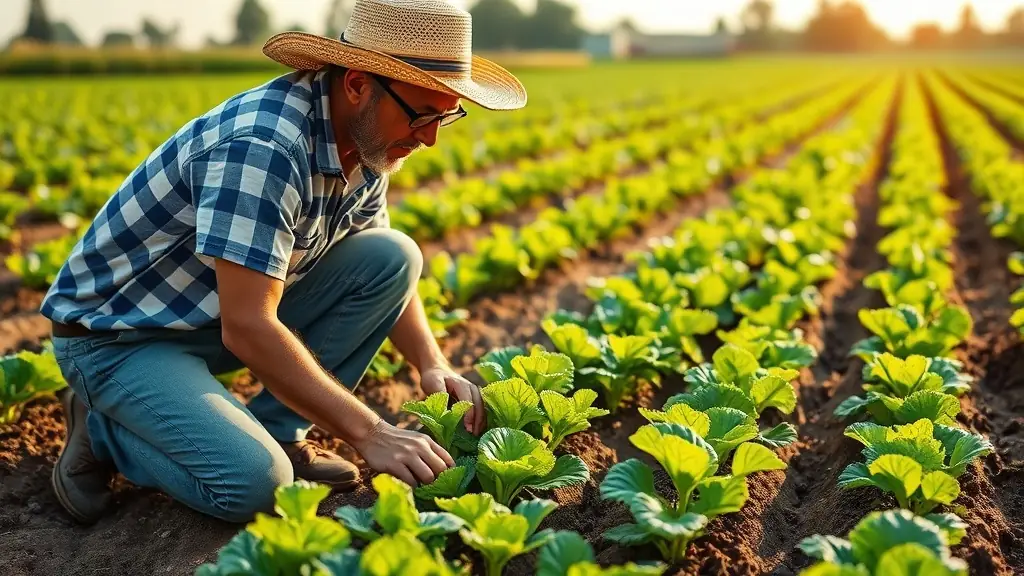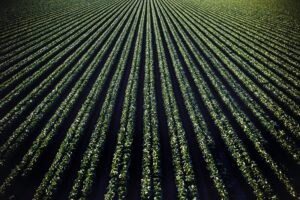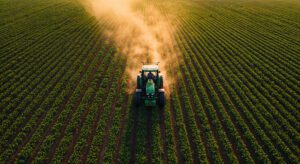Sustainable farming practices are essential for ensuring food security and protecting the environment for future generations. By adopting environmentally friendly methods, farmers can minimize their impact on the planet while maintaining high yields. These practices are crucial for creating a more resilient and sustainable agricultural sector. The adoption of sustainable farming practices is essential for long-term agricultural success. One key aspect of sustainable farming is the use of organic fertilizers and pest control methods. These natural alternatives minimize the use of harmful chemicals, protecting soil health and biodiversity. By reducing reliance on synthetic inputs, farmers can contribute to a healthier environment. This approach also reduces the risk of soil degradation and water contamination. Furthermore, sustainable farming practices often involve water conservation techniques and crop diversification. These strategies help to conserve water resources and reduce the vulnerability of farms to climate change. By diversifying crops, farmers can enhance soil health and reduce the risk of crop failures due to pests or diseases. These practices are crucial for creating a more resilient and sustainable agricultural sector.
How Silicon Adjuvants Like Silgo 48 Are Transforming Modern Crop Spraying
In today’s fast-moving agricultural landscape, farmers are under increasing pressure to improve crop protection efficiency



